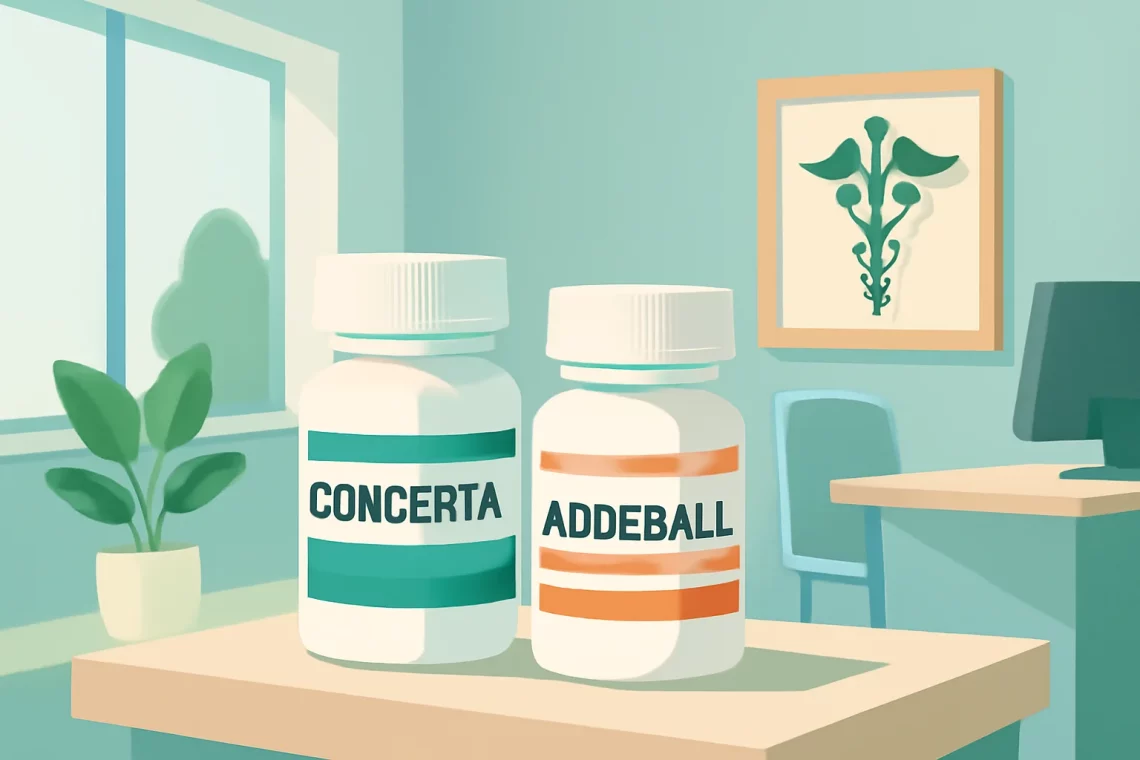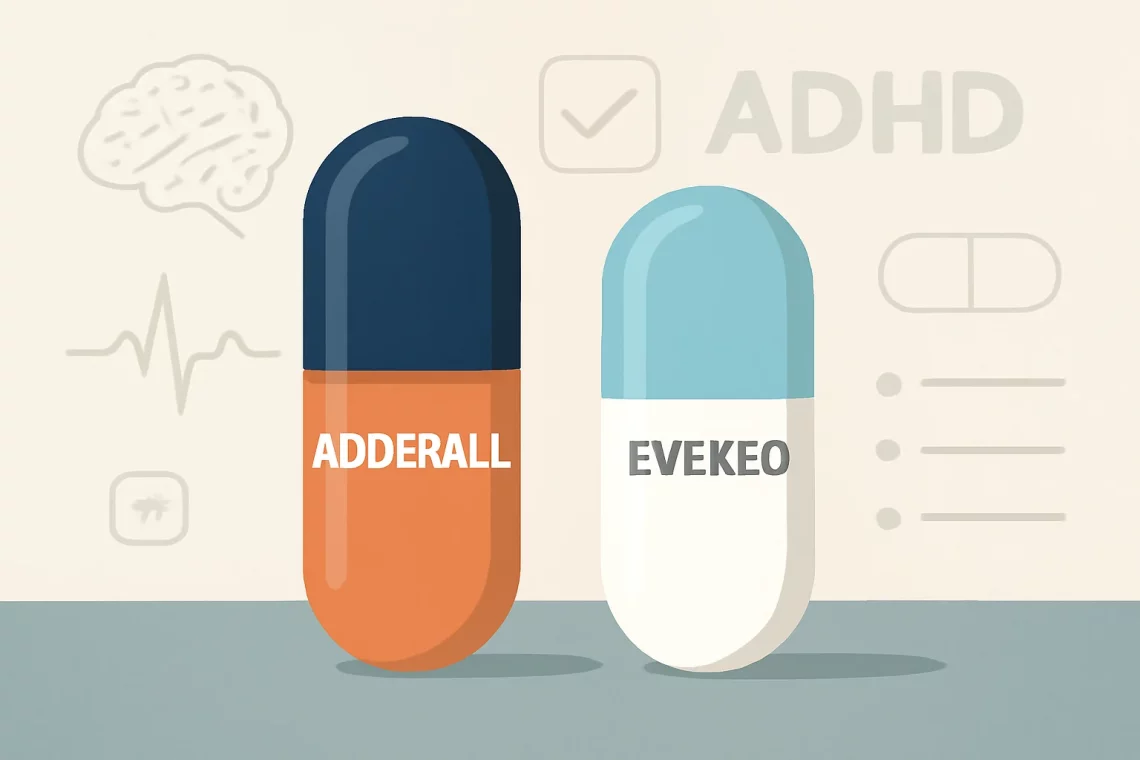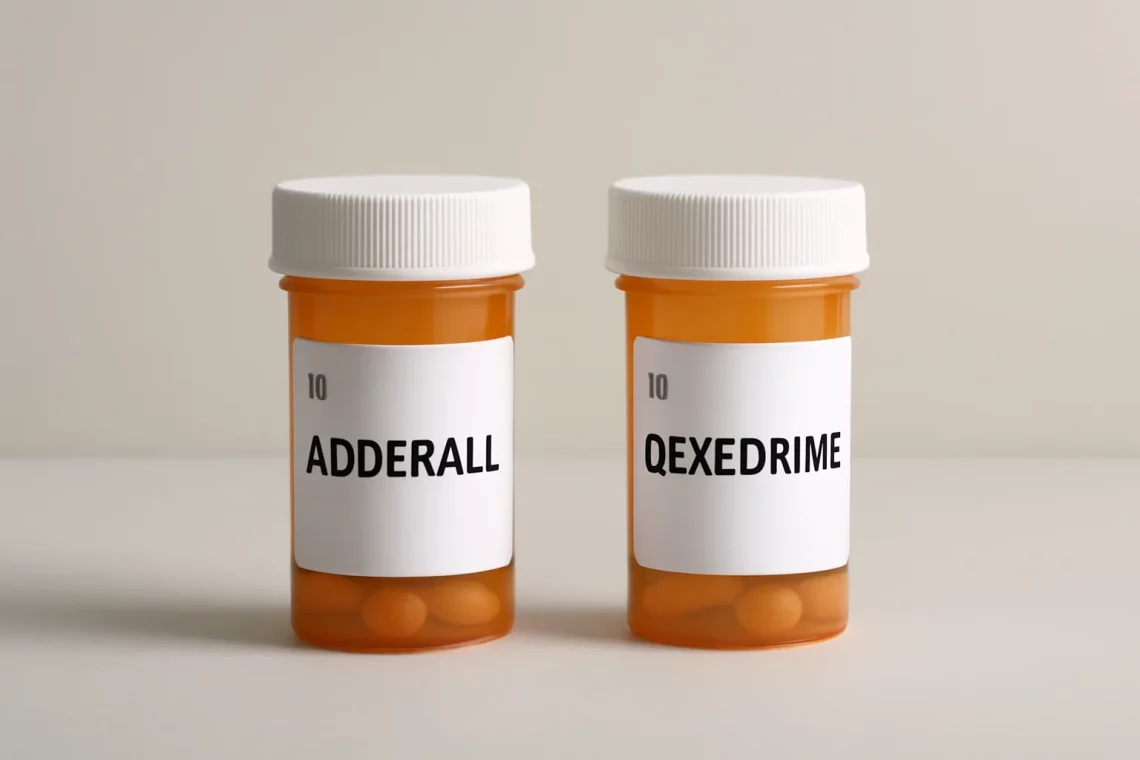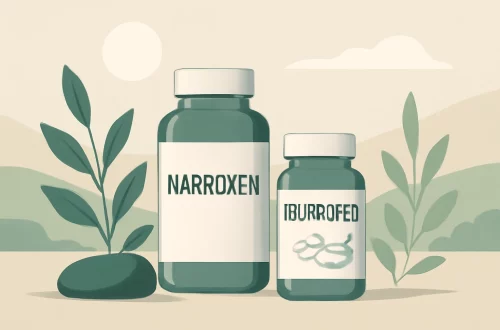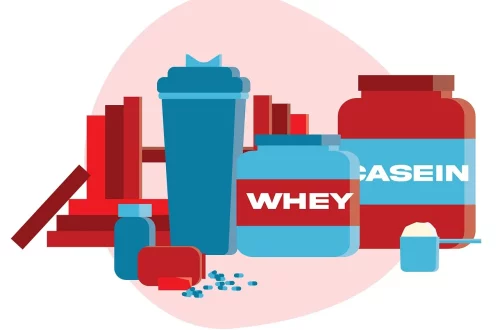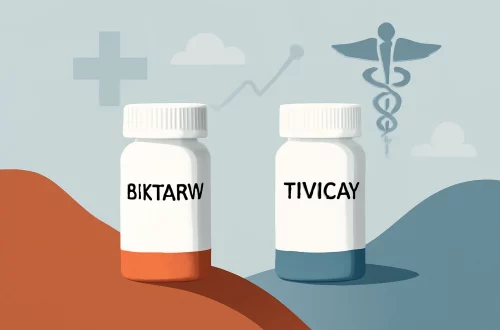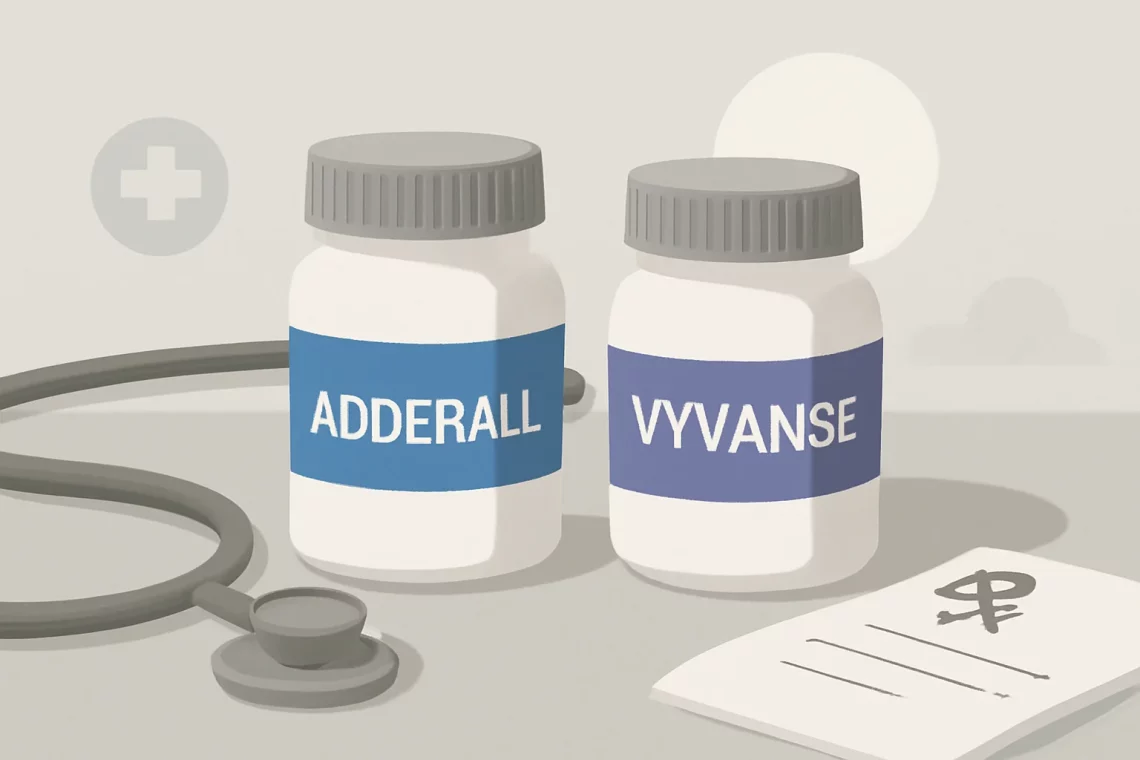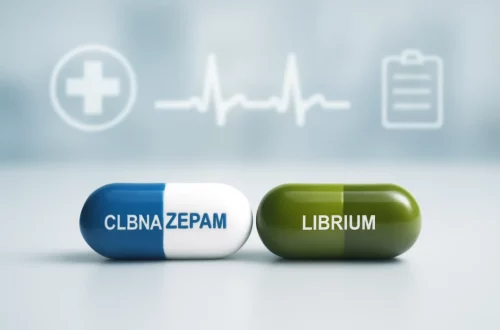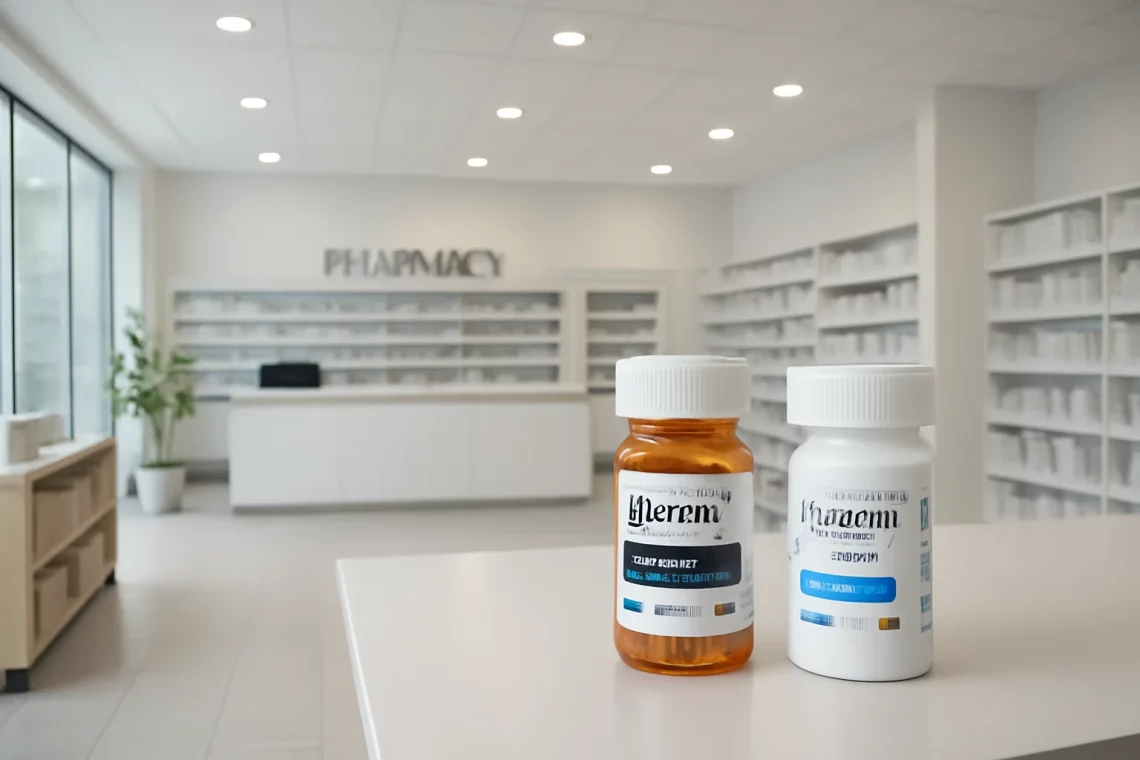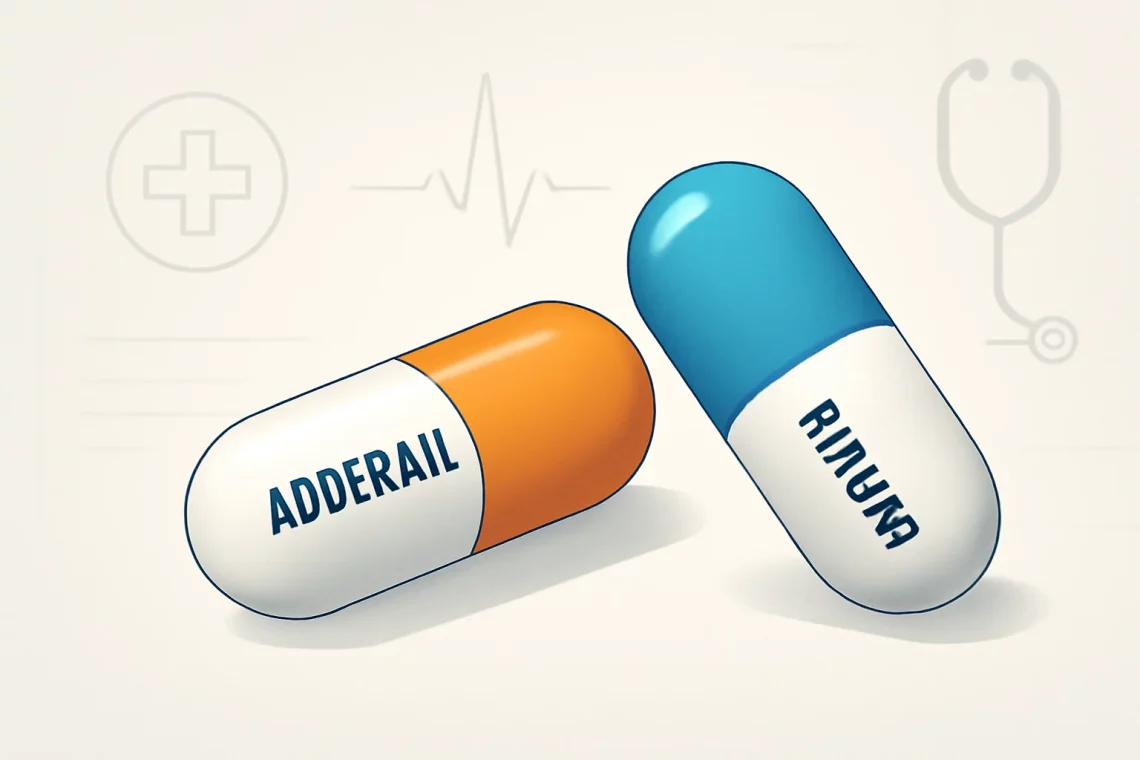-
Adderall vs Concerta: Which ADHD Medication is Right for You?
Adderall and Concerta are two well-known medications commonly prescribed for the treatment of Attention Deficit Hyperactivity Disorder (ADHD). Both drugs belong to a category of medications known as stimulants, which work by altering the levels of certain neurotransmitters in the brain to help improve focus, attention, and impulse control. While they share a common goal of managing ADHD symptoms, their chemical compositions, effects, and potential side effects can differ significantly. Understanding the nuances between Adderall and Concerta can be crucial for patients and caregivers navigating treatment options. The choice between these medications often depends on individual responses, lifestyle considerations, and specific symptoms. As ADHD awareness continues to grow, so does…
-
Adderall vs Evekeo: A Comprehensive Comparison of ADHD Medications
Adderall and Evekeo are two medications primarily used to treat Attention Deficit Hyperactivity Disorder (ADHD) and narcolepsy. They both belong to the stimulant class of drugs and share similar mechanisms of action, but there are notable differences between them that can affect their efficacy, side effects, and overall patient experience. As the prevalence of ADHD and related disorders increases, understanding these medications becomes essential for patients, caregivers, and healthcare providers. The choice between Adderall and Evekeo can significantly impact an individual’s treatment journey. Factors such as dosage, formulation, and individual patient response can influence which medication is the most appropriate choice. Furthermore, both medications have distinct characteristics that can cater…
-
Adderall vs Dexedrine: Key Differences and Similarities Explained
Adderall and Dexedrine are two widely recognized medications primarily used to treat Attention Deficit Hyperactivity Disorder (ADHD) and narcolepsy. Both drugs belong to a class of medications known as stimulants, which work by increasing the levels of certain neurotransmitters in the brain, particularly dopamine and norepinephrine. This enhancement leads to improved focus, attention, and impulse control, making these medications effective for individuals struggling with these conditions. Despite their similar uses, Adderall and Dexedrine have distinct differences in their formulations, active ingredients, and how they affect individuals. Understanding these differences is crucial for patients, caregivers, and healthcare providers when considering treatment options. With the rise in ADHD diagnoses and the increasing…
-
Adderall vs Focalin: Choosing the Right ADHD Medication for You
Adderall and Focalin are two widely recognized medications primarily used in the treatment of Attention Deficit Hyperactivity Disorder (ADHD). Both medications are classified as central nervous system stimulants, and they function by affecting certain neurotransmitters in the brain, which play a crucial role in attention, focus, and impulse control. While they share a common purpose, the way they exert their effects, their chemical compositions, and their side effect profiles can differ significantly. In the realm of ADHD treatment, understanding the nuances between these two medications can be essential for patients and healthcare providers alike. Factors such as dosage forms, duration of action, and individual patient response can heavily influence the…
-
Adderall vs Strattera: Choosing the Right ADHD Medication for You
Attention deficit hyperactivity disorder (ADHD) affects millions of individuals worldwide, leading to challenges in focusing, organizing, and managing daily tasks. As awareness around ADHD has expanded, so too have the options for treatment. Among the most commonly prescribed medications are Adderall and Strattera, both of which aim to alleviate the symptoms associated with ADHD. However, their mechanisms of action, efficacy, and side effects differ significantly, leading to debates among healthcare professionals, patients, and families regarding the best approach to treatment. The complexity of ADHD necessitates a nuanced understanding of these medications. Adderall, a stimulant medication, is often favored for its rapid action and immediate symptom relief, making it a popular…
-
Adderall vs Qelbree: Comparing ADHD Medications and Their Effects
Adderall and Qelbree are two medications commonly prescribed for the treatment of attention deficit hyperactivity disorder (ADHD). Both drugs have unique properties and mechanisms of action, making them suitable for different patient needs and preferences. As ADHD continues to be a prevalent condition affecting children, adolescents, and adults, understanding the differences between these medications becomes increasingly important for patients, caregivers, and healthcare providers alike. While Adderall is a stimulant medication that has been widely used for many years, Qelbree represents a newer, non-stimulant option that offers an alternative for those who may not respond well to traditional stimulant treatments or who experience undesirable side effects. The choice between these two…
-
Adderall vs Vyvanse Which ADHD Medication Is Right for You
Adderall and Vyvanse are two of the most commonly prescribed medications for Attention Deficit Hyperactivity Disorder (ADHD). Both drugs are stimulants that affect chemicals in the brain and nerves that contribute to hyperactivity and impulse control. However, despite their similar purposes, they have distinct differences in formulation, duration of action, and side effects, making them suitable for different patients depending on their specific needs. Understanding these differences is crucial for individuals diagnosed with ADHD and their families, as it can impact treatment outcomes significantly. As the prevalence of ADHD continues to rise, so does the importance of finding the right medication. Patients often find themselves faced with the decision of…
-
Adderall vs Vyvanse Which ADHD Medication is Right for You
Adderall and Vyvanse are two of the most commonly prescribed medications for Attention Deficit Hyperactivity Disorder (ADHD). Both drugs are known for their effectiveness in improving focus, attention, and impulse control in individuals diagnosed with ADHD. However, despite their similarities, they possess distinct differences in formulation, mechanism of action, side effects, and overall user experience. Understanding these differences can be crucial for patients, caregivers, and healthcare professionals in making informed decisions regarding treatment options. As the prevalence of ADHD continues to rise, so does the need for effective management strategies. The choice between Adderall and Vyvanse can significantly impact an individual’s quality of life, and it is essential to consider…
-
Adderall vs Ritalin: Key Differences and Choosing the Right Medication
Adderall and Ritalin are two of the most commonly prescribed medications for the treatment of attention deficit hyperactivity disorder (ADHD). Both drugs are stimulants that affect neurotransmitters in the brain, leading to improved focus, attention, and impulse control in individuals with ADHD. However, despite their similar purposes, these medications have different active ingredients, mechanisms of action, and potential side effects. Understanding the distinctions between Adderall and Ritalin is crucial for patients, caregivers, and healthcare professionals alike. The landscape of ADHD treatment can be complex, making it essential for individuals to be well-informed about the options available to them. As awareness of ADHD continues to grow, so does the conversation surrounding…
-
Adderall vs Mydayis: Which ADHD Medication is Right for You?
Adderall and Mydayis are two commonly prescribed medications used to treat Attention Deficit Hyperactivity Disorder (ADHD). Both of these stimulant medications aim to enhance concentration, reduce impulsivity, and improve overall cognitive function for those diagnosed with ADHD. However, despite their similar purposes, they differ in various aspects, including their composition, duration of action, side effects, and the way they are metabolized in the body. Understanding these differences can help patients and caregivers make informed decisions about which medication might be more suitable for their specific needs. As the prevalence of ADHD continues to rise, so does the importance of effective treatment options. Patients often seek medications that not only alleviate…
